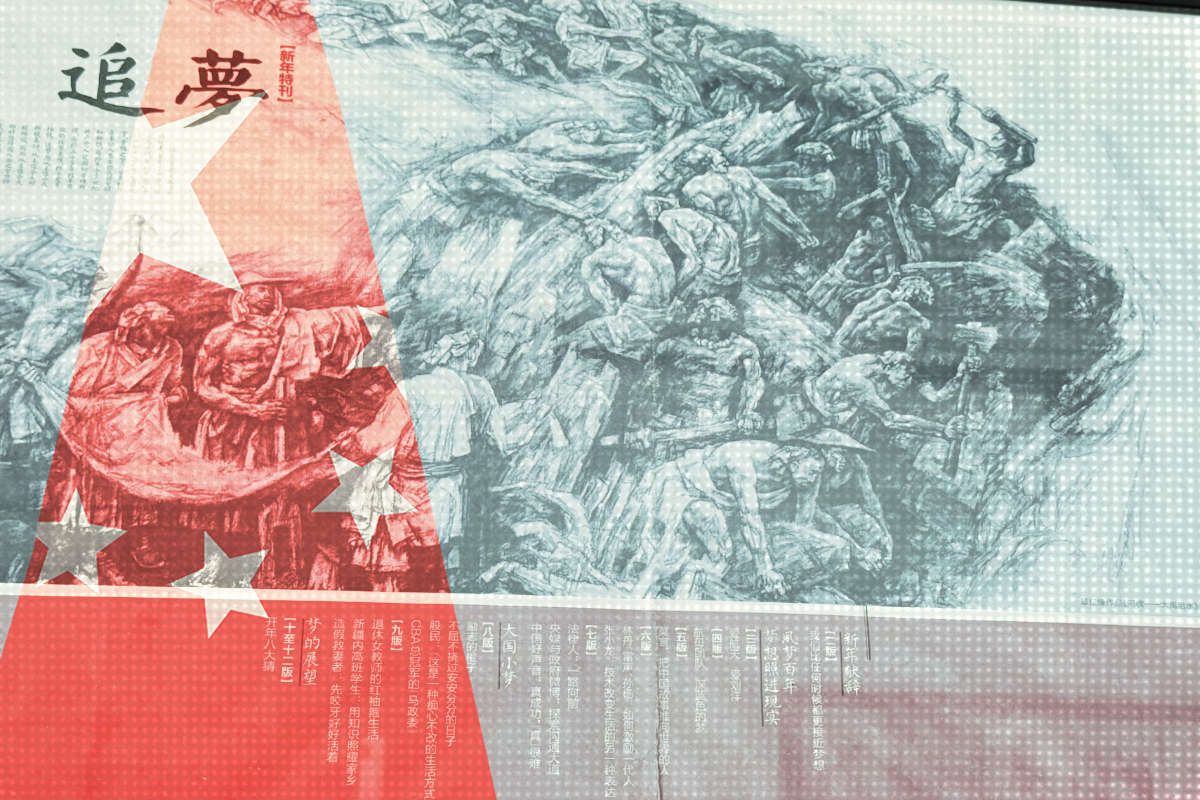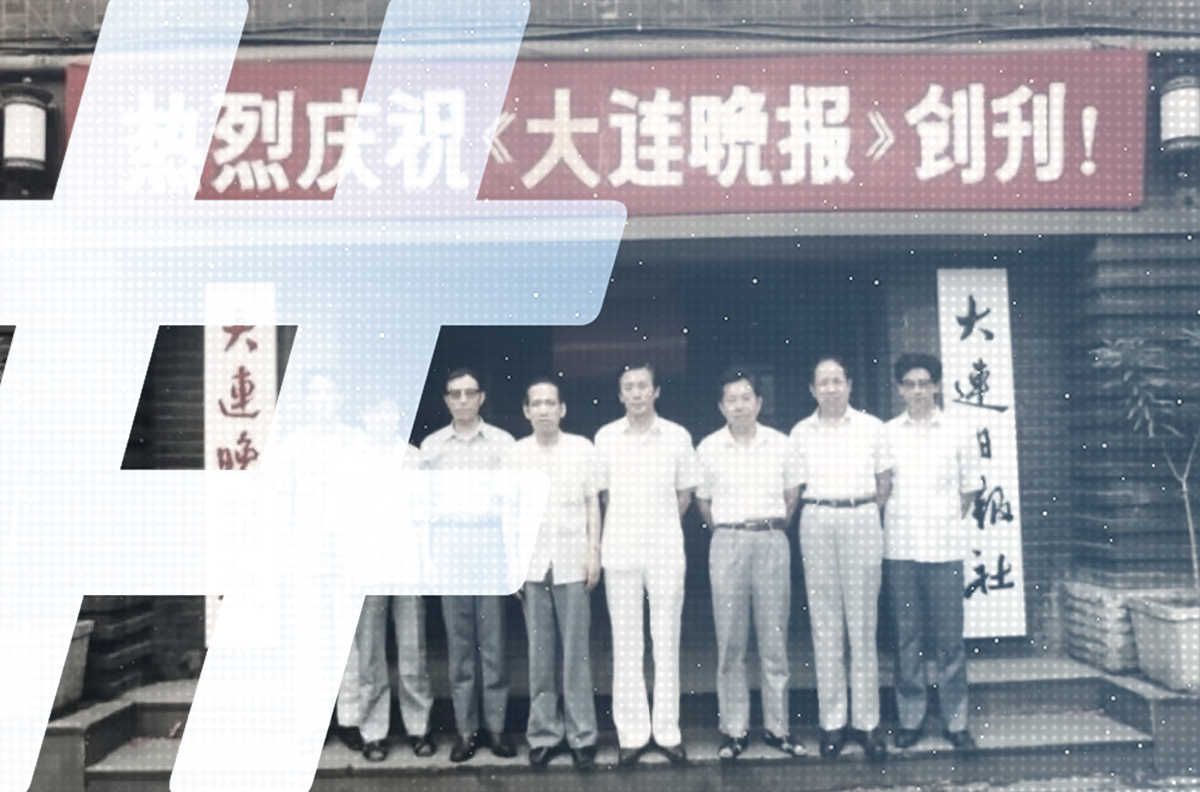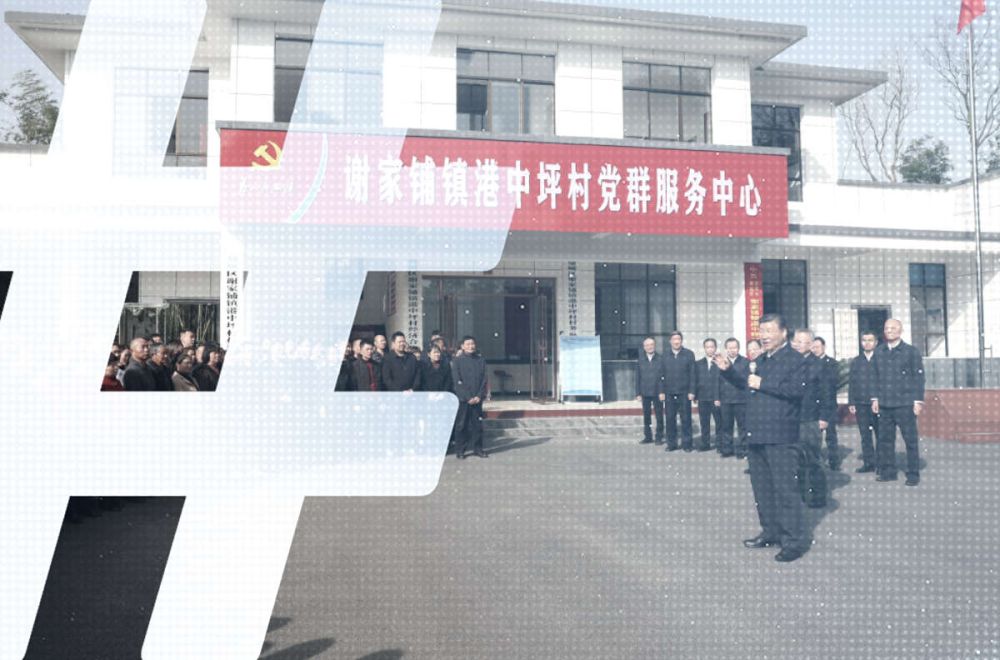
Last month, as Xi Jinping addressed a group of party cadres in the sunshine outside a remote village service center in Hunan province, stressing the importance of poverty alleviation work, one village official rejoiced that they now had fewer government group chats to monitor on the social media platform WeChat — which meant, at long last, that they had time to go out into the real world and meet with struggling residents.
For a ruling party that has actively pushed mobile technology as an efficient solution, the local cadre’s remarks point to an unexpected peril for local governance: mobile phones can be a total time suck.
The inefficiencies that have come with technologies meant to streamline governance are sufficiently serious that they have now become a top priority for the leadership, with the Cyberspace Administration of China (CAC) issuing a related policy back in December, and top-billing in today’s official People’s Daily newspaper, right under the masthead, for the problem of “fingertip formalism” (指尖上的形式主义).
Wiring the Grassroots
For years in China, “government affairs digitalization” (政务数字化) has been a calling card for local governments across the country, encouraged from the highest levels with the conviction that it can build in greater efficiencies and put solutions right at the fingertips of citizens and government officials alike, lowering the cost of addressing the sorts of problems — like poverty — that can create knock-on pressures for local governance.
The digital transformation of local, regional and national governance, a priority since at least 2019 — responding in part to global trends and the UN’s 2018 e-government survey — has essentially meant the use of the internet, big data, cloud solutions, and artificial intelligence (AI) to allow greater openness and responsiveness, and to enable more efficient collaboration across government departments and administrative lines. In its 14th Five-Year Plan (2021-2025), drafted in October 2020, China singled out the strengthening of basic digital infrastructure to improve government and public services, social management, and economic governance.
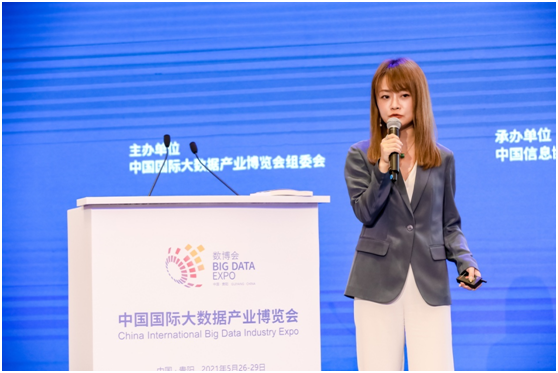
Major Chinese tech companies have jumped onto the trend, recognizing the immense profit potential of urban and rural areas underserved by technology. Huawei’s “One Stop for Government Affairs” (政务一网通), advertised on its Huawei Cloud platform, says it is focused on “assisting government affairs and the digital transformation of cities.”
Shenzhen-based Tencent offers “Enterprise WeChat” (企业微信), a specialized service interoperable with Tencent’s all-encompassing social media ecosystem that offers extras like the “smart countryside” (智慧乡村) and “smart urban grassroots governance” (智慧城市基层治理) services — and which won an innovation award in 2021.
At China’s Big Data Expo in May 2021, Tencent actively marketed its “Enterprise WeChat” and its built-in “digital countryside” (数字乡村) option as laying down a “fast lane” for escaping poverty and striving for rural wealth. Tencent has continued to market its village-level solutions under the brand “Cun Wei” (村微), a clever Chinese mash-up of the words for “village committee” (村委) and WeChat. The online entry portal offers mobile office functions that promise to “enhance the efficiency of the grassroots work of village cadres.”
But by all accounts, grassroots village cadres across China have been swamped by efficiency.
Death By Notification
By the time the Central Cyberspace Affairs Commission, otherwise known as the CAC, issued Certain Opinions on Preventing and Combating ‘Fingertip Formalism’ (关於防治“指尖上的形式主义”的若干意见) in December last year, it was already clear to local officials that efficient solutions were demanding too much of their time.
“With the rapid development of e-government, much daily work is done at our fingertips rather than on paper,” one writer remarked in a commentary for a lesser-known CCP-run journal shortly after the opinion came out. “But modern governance technology that should enhance work efficiency has become an ‘added burden’ on grassroots cadres, depleting administrative resources and eroding the efficiency of grassroots work.”
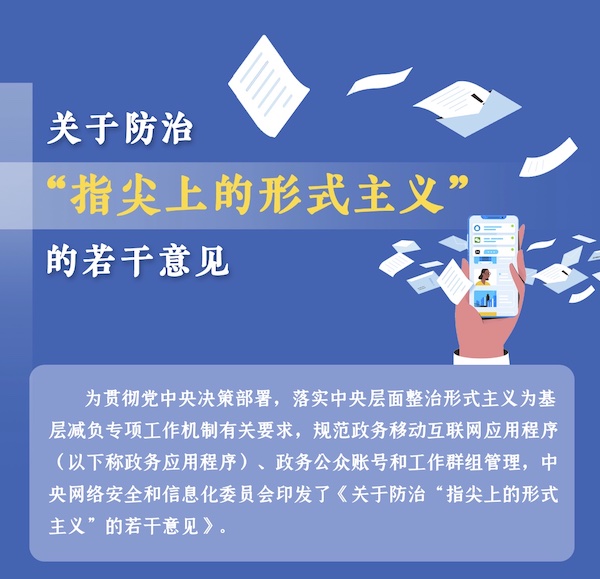
Examples of time-suck included government affairs apps that worked at cross purposes (变味走样的政务APP), the over-involvement of different departments through the sin of convenience (各个部门的系统录入), repetition of online and offline procedures (网上网下重复走程序), the uploading of mobile photos to log attendance or task completion (截图上报) — and of course, work-related WeChat groups that dinged incessantly with notifications (响个不停的微信群).
For nearly a century, the Chinese Communist Party, even though it has emphasized the imperative of rule-abiding, has fought and fulminated against the scourge of what it calls “formalism” (形式主义). This is the enduring concern — raised by Mao Zedong as early as the 1930s — that real action toward a specific government function or policy objective is replaced with the almost ritualistic practice of formalities for the sake of formalities. Officials may ceaselessly attend ostensibly work-related banquet dinners, dart from this to that political meeting, or regurgitate the official-speak of superiors.
The government is busy, yet nothing gets done.
“Fingertip formalism” is the 21st-century manifestation, or augmentation, of this scourge on real productivity and public service. In many cases, it is a direct result of the drive to use technology to work around formalism in its classic sense — to design the killer algorithm that might send formalism to its grave.
The government is busy, yet nothing gets done.
Not mentioned in any of the official coverage of “fingertip formalism,” for example, is the Xi Jinping study app rolled out by the Central Propaganda Department in 2019 to re-enforce obedience through the regular practice of ideology. The app was seen early on as a tool to fight back against formalism, but much to the chagrin of its creators (and here), its use rapidly became an exercise in formalism, with users (or their children) working out cheats by which they could earn the requisite amount of points without allowing the app to consume them.
Governing the Efficiency Tools
In a strong indication of the burden such technologies have placed on officials at the local level, the CAC announcement of December last year said, “‘fingertip formalism’ is a mutation and variation of formalism in the context of digitalization, and is one of the main manifestations of the increased burden on the grassroots.”
Among the stipulations laid out in the policy was the need to strengthen integrated planning (加强统一规划) of government apps, chats, and other tools — which was tantamount to an admission that efficiency technologies were pushed from the start without sufficient government guidance. In fact, such sloppy policy rollouts are frightfully common under China’s political system, which often works by the mechanism of “campaign-style governance” (运动式治理), with measures urged through slogans from on high that are simply repeated, and variously and inconsistently enacted.
The CAC policy called for greater oversight of apps and other technology for governance moving forward and for the wholesale elimination of apps with low utility or overlapping functionality. It also prevented the forced use of government apps, as well as the use of apps or other systems with ranking functions.
The next few months will almost certainly bring a spate of closures and integration among government service apps. A report on “fingertip formalism” running prominently under the masthead of today’s edition of the CCP’s official People’s Daily newspaper noted that the city of Shanghai ceased operation on April 1 of its standalone “Shanghai Transport Police” (上海交警) app, moving the related services under a separate city app.
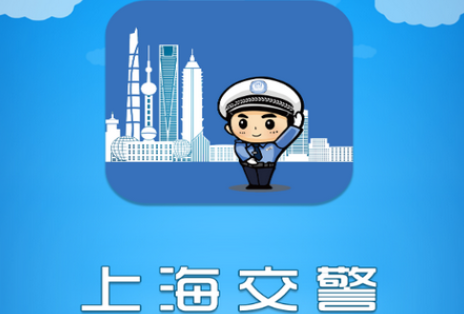
Another focus of the blood-letting, now happening across the country under local “burden reduction” (减负) measures following the CAC opinion, has been governmental public accounts as well as work-related group chats on platforms like WeChat.
According to the People’s Daily report, these efforts have already been deeply appreciated by local officials who have been overburdened by the push for digital engagement. “We now have more time to communicate face-to-face with village residents, and can also organize offline activities more often,” one cadre from Zhejiang’s Zunlin Township was quoted as saying. “Working together, we’ve tossed out a lot of ‘golden ideas’ on how to promote the revitalization of the countryside,” he added gleefully.
The People’s Daily report finished with a feel-good line about how “unloading the burden of the fingertip” and “reducing the unnecessary labor of grassroots cadres in the digital age” could result in a better system of digital government, more effectively serving the needs of the masses. But one question lingered that no one was bound to ask, at least not openly.
To what extent has the push for digital efficiency up to this point been a massive waste of public resources?

